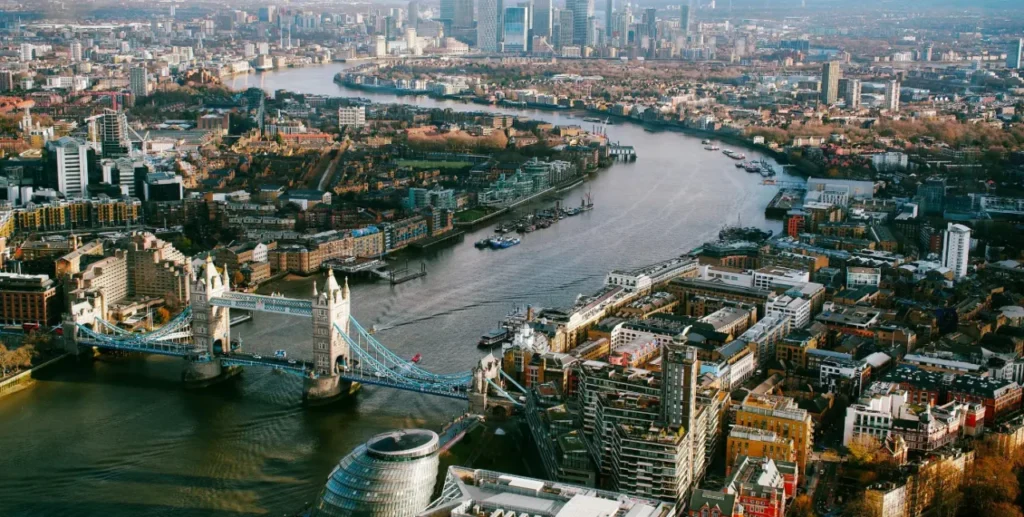The Electric Thames project could see vessels operating on the Thames River contributing to UK Power Networks’ (UKPNs) electricity network.
The project, which is a collaboration between network operator UKPN, LCP Delta and Marine Zero, Electric Thames is still in its initial discovery phase, scoping the viability of using electric vessels to feed stored electricity back into London’s energy network.
Most of the boats, quaysides and ports operating on the Thames, which support a freight sector and 8 million passenger trips a year, currently use fossil fuels.
However, if all goes to plan, the project will support the Port of London’s transition to net zero emissions and Sadiq Khan’s pathway for London to be net zero carbon by 2030.
Marine Zero director Andy Hurley said Electric Thames is “more exciting and significant” than just achieving zero emissions on London’s river.
“We are developing a completely new approach to increasing energy flexibility.”
Project gets go-ahead via Ofgem SIF funding
With funding from Ofgem’s Strategic Innovation Fund (SIF), the current phase of the project will conclude at the end of May 2024.
Delivered in partnership with Innovate UK, SIF taps into the best of UK and international innovation and aims to align with other public innovation funding for the benefit of customers across the UK.
Electric Thames will use a similar principle to night storage heaters, installing battery-powered vessels on the Thames to store green energy when cheap to do so – while it is windy or sunny.
Feeding that power back into the city at peak times would reduce peak electricity demand and increase flexible energy capacity, a key component of the energy transition.
Head of innovation at UKPN, Luca Grella, said: “Tapping into this potential will not only help us create a cleaner Thames for everyone but will also give us an additional supply of flexible, green energy which will help our transition to a decarbonised energy system.”
Vessel and quay operators will be surveyed over the coming weeks, allowing power suppliers to plan and complete any necessary works to facilitate the move to cleaner vessel and river operations along the Thames.
As the shift happens, it’s largely unknown how Thames vessels and quayside operators transitioning to electric power will affect London’s power network and peak power demands.
The outcome of the project could shape a new whole-system planning framework for the rivers, canals and waterways across the UK, offering insights for decarbonisation and electrification nationwide.
“We’re thrilled to be leading the way in this space and are also looking forward to seeing how this approach could be scaled to other rivers across the country,” said Grella.





